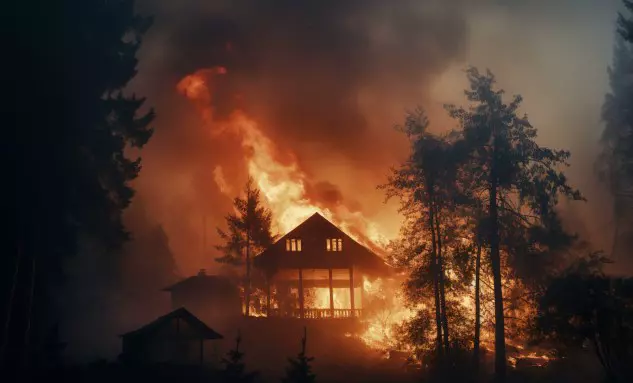
Europe is entering a new era of wildfire risk, where fires are no longer rare disasters but a structural feature of a changing climate. Based on the latest European Forest Institute analysis, the article explains why relying on firefighting alone is no longer enough and why integrated fаire management is becoming central to EU policy and resilience.
Read MoreEurope’s Wildfire Crisis: Why Firefighting Alone No Longer Works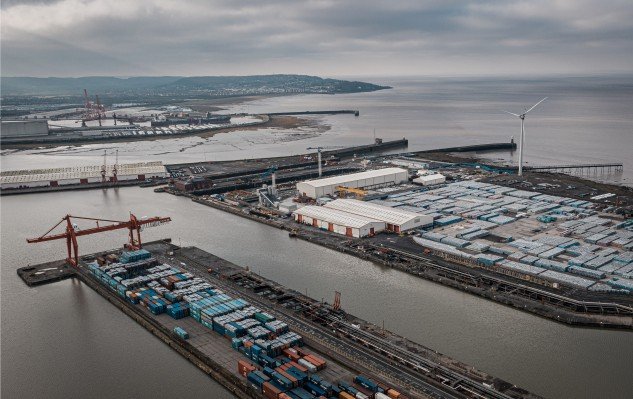
In 2025, ESG reporting moved from promises to proof. This article explores ESG reporting trends 2026, explaining how CSRD, Omnibus simplification and CBAM are reshaping sustainability reporting and what companies must do to stay credible and competitive.
Read MoreESG Reporting Trends 2026: 7 Moves for Sustainable Business After the 2025 Reset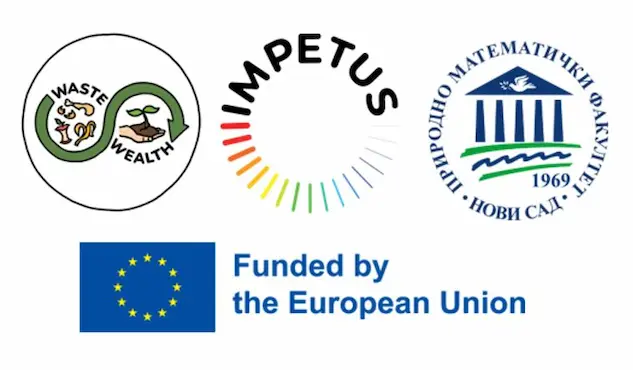
This article examines how school composting projects can address organic waste challenges while enhancing soil health and promoting environmental literacy. Based on an EU-funded citizen science initiative in Serbia, it shows how schools can become living laboratories for sustainability. The project demonstrates how education, science, and circular practices can work together at the local level.
Read MoreFrom Waste to Wealth: School Composting Projects as a Path to Healthy Soil and Ecological Awareness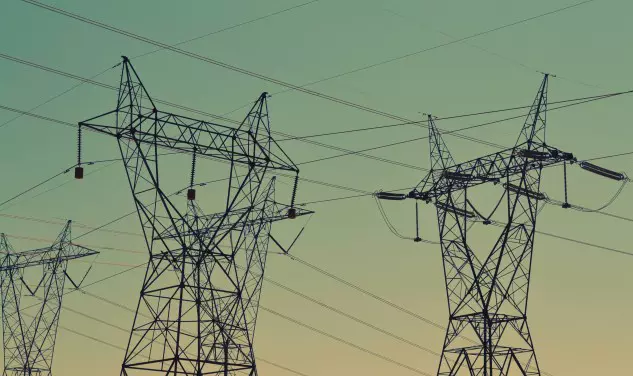
The second part of the article examines how cities shape energy resilience in Central and Eastern Europe, from managing rising demand to addressing energy poverty. It explores what local governments need — in policy, funding, and coordination — to turn urban energy systems into pillars of regional security.
Read MoreThe New Energy Frontline:Energy Resilience in Central and Eastern Europe (II).
Central and Eastern Europe is once again on the energy frontline, caught between aging infrastructure, geopolitical pressure, and the urgency of climate transition. This article explores how energy resilience in Central and Eastern Europe is being tested and where progress, policy gaps, and innovation collide. It opens a broader conversation about what the region must do next to secure its energy future.
Read MoreThe New Energy Frontline: Energy Resilience in Central and Eastern Europe (I)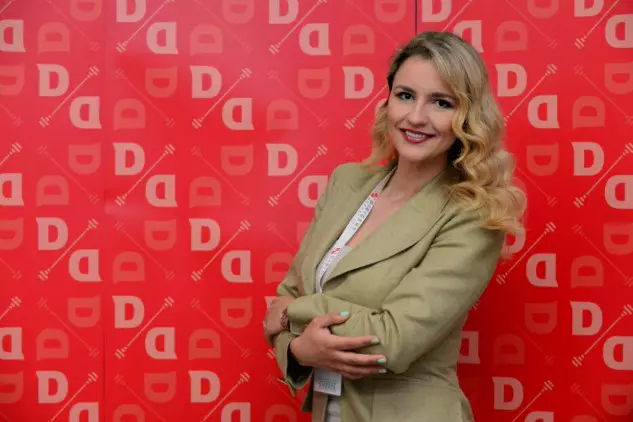
In this interview, Milica Raičković discusses how noise and air pollution affect public health and urban quality of life across Serbia and the Western Balkans. Drawing on insights from a major regional conference, she explains why systematic monitoring, interdisciplinary planning, and data-driven decision-making are essential for healthier cities.
Read MoreHow Noise and Air Pollution Shape Healthier Cities: Interview with Milica Raičković
Holiday celebrations are placing growing pressure on urban environments through increased waste, energy consumption, and air pollution. This article examines the environmental implications of festive traditions, ranging from Christmas trees to fireworks, and demonstrates how sustainable holiday celebrations in cities can be promoted through intelligent technologies, data-driven planning, and informed consumer choices.
Read MoreSustainable Holiday Celebrations in Cities: From Christmas Trees to Smart Urban Solutions
This article examines how urban data governance in Europe is reshaping city development through regulatory frameworks, federated platforms, and mission-oriented data spaces. It explores how European cities leverage data to align climate, social, and digital objectives while addressing fragmentation, governance complexity, and uneven territorial capacities. The analysis highlights both the systemic potential and political challenges of scaling these models across Europe.
Read MoreHow Urban Data Governance in Europe Is Shaping the Future of Cities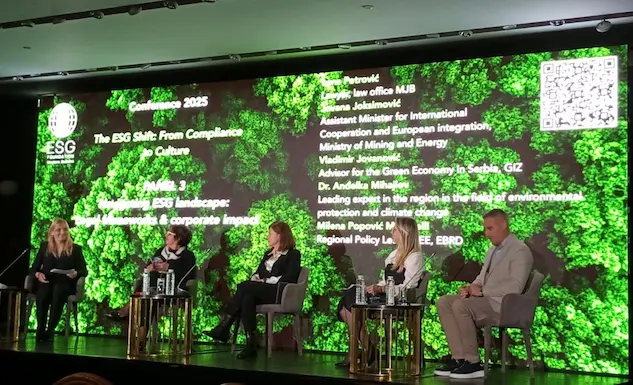
The Western Balkans ESG Conference 2025 convened regional leaders to assess how climate stress, regulation, and generational change are reshaping corporate sustainability. Discussions highlighted water security, data governance, financing barriers, and the importance of ESG literacy across institutions. The event underscored a clear shift: ESG is evolving from a compliance obligation into a cultural and strategic transformation for the region.
Read MoreThe Western Balkans ESG Conference 2025: From Regulation to Culture in a Region Under Climate Stress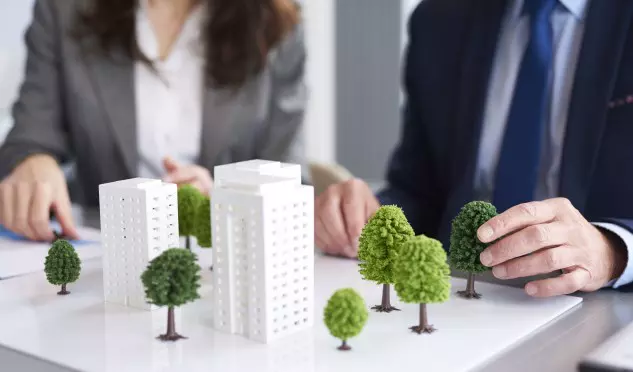
Cties are under increasing pressure to deliver affordable urban housing solutions as young residents struggle with rising rents and limited supply. This article explores Beijing’s pioneering collective-land rental model alongside international examples from Vienna, Helsinki, Tokyo, Singapore and New York. Together, these cases reveal how innovative rental systems and data-driven policy can reshape the future of urban housing.
Read MoreThe New Urban Starter Home: How Cities Are Reinventing Affordable Urban Housing Solutions for a New Generation








